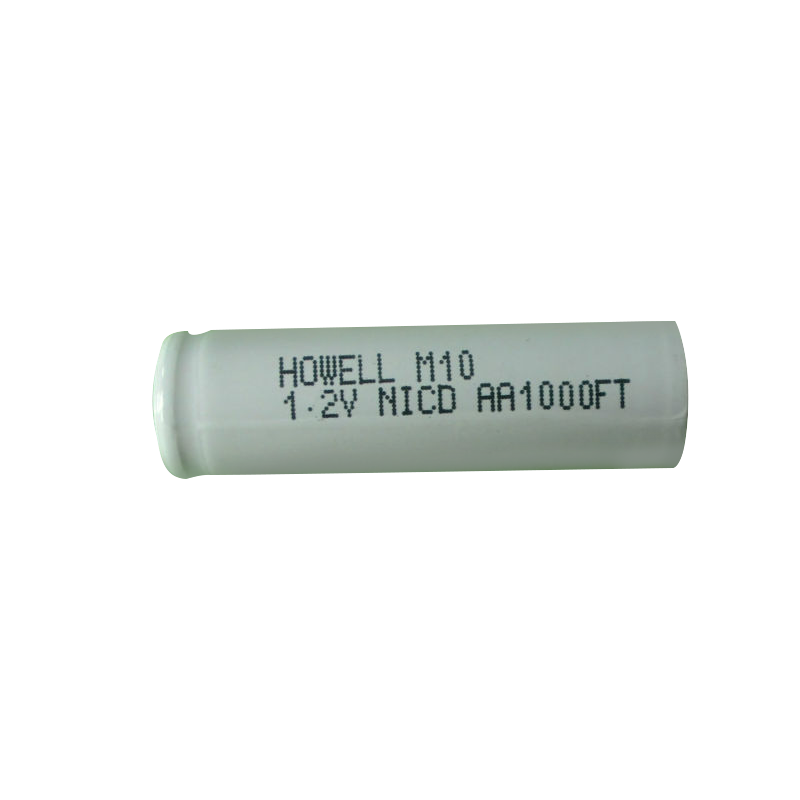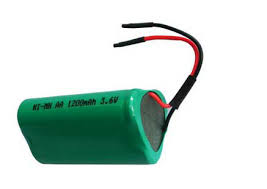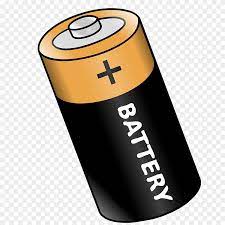It is conceivable that everyone has been playing electronic products for many years. Laptops, tablets, mobile phones…you will want to charge when there is no electricity. But do you know the type of battery? What are the characteristics of each type of battery? The main battery types for notebook computers and tablet computers are nickel-cadmium batteries, nickel-metal hydride batteries and lithium-ion batteries.
Today we will talk about the characteristics of these three batteries.
Nickel-cadmium batteries:
- The memory effect appears
- Self-discharge significantly reduces battery capacity
- Ni-MH batteries, which are superior to Ni-Cd batteries, have appeared, and are no longer found in new batteries.

NiMH batteries:
- The memory effect appears
- Self-discharge significantly reduces battery capacity
- Lithium-ion batteries, which are superior to nickel-hydrogen batteries, have appeared, and are no longer found in new batteries.

Lithium Ion Battery:
- No memory effect
- Self-discharge will slightly reduce battery capacity-
- Smaller size and lighter weight than other batteries of the same capacity-widely used in new batteries

What is the memory effect?
Charging when the battery capacity remains is the consumption of the battery. The phenomenon of starting charging when the battery capacity drops is called the memory effect. For example, if the battery is repeatedly charged when the battery capacity is halved, the memory effect will occur, and when the battery capacity is halved, the battery will be consumed.
Nickel-cadmium battery performance <lithium-ion battery performance <lithium-ion battery performance, so judging from the characteristics of three batteries on three sides, it is like changing from one generation to another. This is why today’s laptop and tablet batteries use lithium-ion batteries.
Then look at its advantages and disadvantages
The main advantages are:
- High voltage: The operating voltage of a single battery is as high as 3.7-3.8V3.
- Long cycle life: generally more than 500 times, even more than 1000 times, lithium iron phosphate can reach more than 8000 times
- Excellent safety performance: no pollution, no memory effect
- Low self-discharge: The self-discharge rate of fully charged lithium ions is about 2% after being stored at room temperature for 1 month.
- The power storage is relatively large
Insufficient:
- Aging: Unlike other secondary batteries, the capacity of lithium-ion batteries is gradually decreasing. This is related to the number of uses and temperature.
- Overcharge intolerance: During the overcharge process, the overcharged lithium ions are permanently anchored in the crystal lattice and cannot be released, which will shorten the battery life.
- Over-discharge intolerance: When over-discharged, the electrode will release too much lithium ions, which will cause the crystal lattice to collapse and shorten the life.
This is why the mobile phones and computers we use in real life generally use lithium-ion batteries.
Thank you for reading. I hope it helps you have a little understanding of batteries. Follow me and share more with you in the next issue
Note: If you need laptop batteries or mobile phone batteries, you can follow this shop: www.batteryforpc.co.uk Almost all batteries on the market can be found in this shop, and they are safe and guaranteed. I believe you will like it
